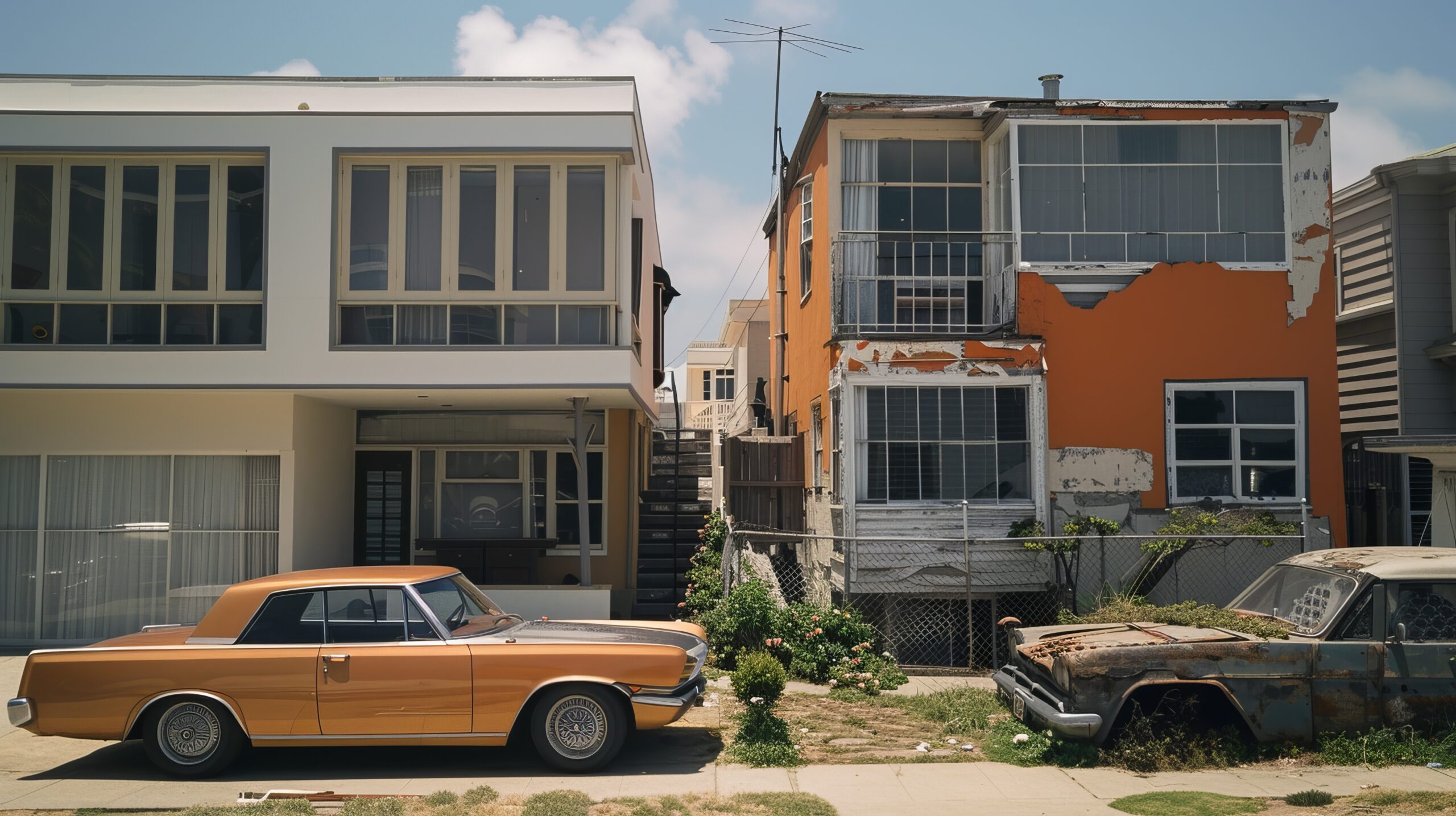-
By Armine Kardashyan Over the past decade, populist parties have been gaining ground across Europe; as a result, they are reshaping national politics, influencing EU decision-making, and challenging liberal democratic norms. Most of the public debate frames this rise as a reaction to immigration which poses a cultural threat and erodes a perceived white, Christian…
The Lowe Down
Data-Driven Analysis
Latest Article
The Father Factor in Africa’s Labor Market
Aaria Chandwani ’27 and Dhriti Sonthalia ’27 explore how parental leave — especially for fathers — affects women’s workforce participation in Africa.









